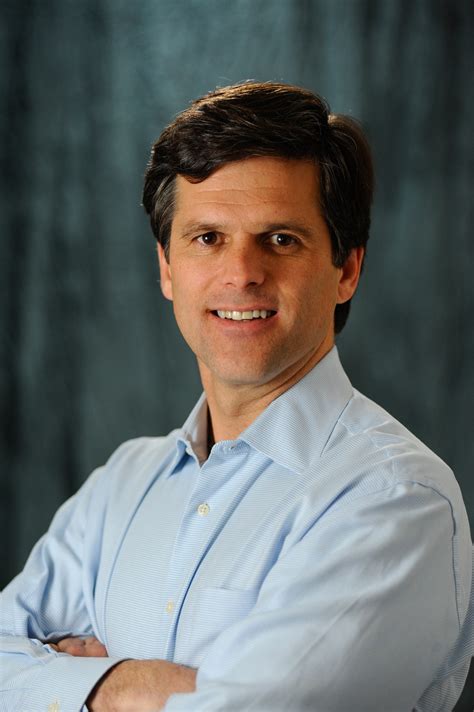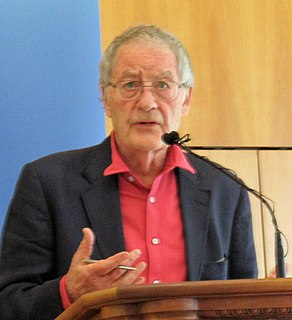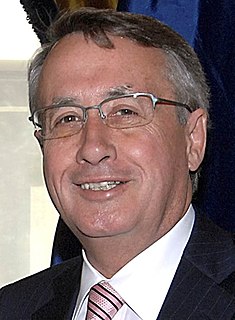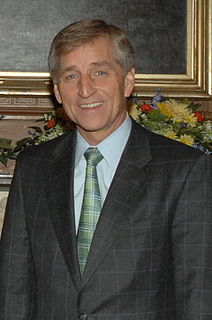A Quote by Thomas Sowell
All too often when liberals cite statistics, they forget the statisticians' warning that correlation is not causation.
Quote Topics
Related Quotes
Olympics are three times more likely to be employed than people of a similar age, ethnic and socioeconomic status who have not been participating. It's a correlation, not a causation as far as the statisticians go, but the fascinating question is; Is there something in participation in sports, in community-building, confidence building, self-image-building, strength building, social networking - that greatly enhance employability?
Statistics is, or should be, about scientific investigation and how to do it better, but many statisticians believe it is a branch of mathematics. Now I agree that the physicist, the chemist, the engineer, and the statistician can never know too much mathematics, but their objectives should be better physics, better chemistry, better engineering, and in the case of statistics, better scientific investigation. Whether in any given study this implies more or less mathematics is incidental.





































